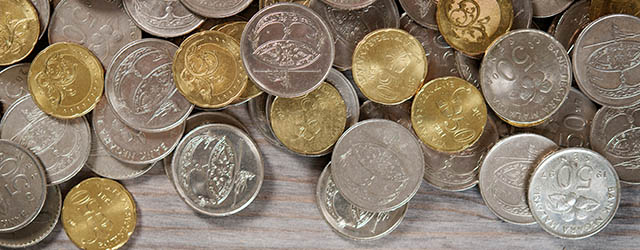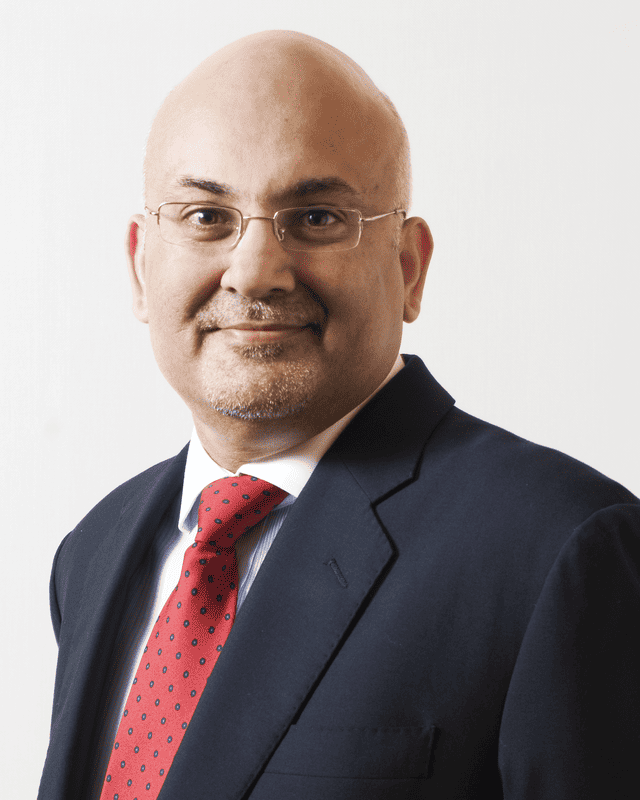There is no lack of demand for shariah-compliant financing, according to Mukhtar Hussain, deputy chairman and CEO of HSBC Bank Malaysia Berhad.


Hussain recently took part in an international road show to introduce investors to a new dollar-denominated sukuk, or Islamic bond, issued by the Malaysian government—which is historically at the forefront of Islamic finance development (in Malaysia, 20% of total assets are now shariah compliant).
HSBC, CIMB and Standard Chartered jointly led the Malaysian government sukuk. “Now we are seeing the tenor of issues going up, as well as the volume,” says Hussain. “This one is for $1.5 billion, and for the first time they are introducing a 30-year note on top of a 10-year offering.”
Beginning last year, non-Muslim majority countries also began tapping into this market. The United Kingdom, Luxembourg, South Africa and Hong Kong have all issued shariah-compliant sovereigns. “The industry has really broadened its appeal to both issuers and investors,” says Hussain. “It has become better understood than it was in the past, and this has encouraged more people to engage with it, which in turn has allowed it to gain even more acceptance.” As more and more sovereigns come to the sukuk market, Hussain predicts that they will bring with them an increasing number of corporates, including small and medium-size enterprises, in countries where shariah-compliant instruments are sought after and multinationals are doing business.
Though it started out somewhat timidly in the 1960s, the Islamic finance industry has grown at a brisk pace of 15% to 20% per year in the past decade or so. Having endured the financial crisis with more ease than its conventional counterpart—its adherence to asset backing and risk sharing prevented it from drowning in more exotic, derivative-type products—it now comprises about $2 trillion in global assets, spanning the dedicated banking and insurance (takaful) space and capital markets.
Because of brisk economic growth in a number of emerging markets that boast “large and relatively unbanked Muslim populations” and of the “large savings accumulated by many oil-exporting countries that are seeking to invest in shariah-compliant financial products,” says the International Monetary Fund, Islamic finance is certain to continue its rapid expansion.
Additionally, at a time when many budget-strapped countries need to build and upgrade their national infrastructure and are looking for ways to finance this effort beyond public funds, sukuk are viewed as a particularly attractive instrument because they are intrinsically linked to tangible underlying assets. As a result, according to one estimate by the African Development Bank, the value of global Islamic finance assets should more than double by 2020, to some $4 trillion. Another estimate by Kuwait Finance House is even more optimistic, putting the total at about $6.5 trillion.
Going forward, the biggest challenge in the Islamic finance sector is on the regulatory front. As a relatively young industry that grew out of a push by local authorities and which developed on a country-by-country basis, it still lacks a true global framework. “It needs to develop common standards in terms of operating practices and procedures, legal opinions, tax treatment, all of the things we see in the conventional market,” says Hussain. “In the last two to three years a broad consensus has emerged that cross-border harmonization is a necessary ingredient to further global development.” Islamic finance institutions are already subject to the capital and liquidity requirements that were imposed on conventional players in the aftermath of the financial crisis. Nevertheless, international bodies like the Islamic Financial Services Board, the Accounting and Auditing Organization for Islamic Financial Institutions and the International Islamic Financial Market are hard at work to remove structural impediments to more growth, everything from how to inject Islamic finance with more short-term liquidity to how to get the major providers of indexes to include sukuks as a full-fledged asset class, which is not the case at the moment.
These efforts will help demystify the industry further and advance the virtuous cycle we are seeing now. “Islamic finance really must be understood not so much as a religious offering but as an ethical offering,” says Hussain. “In this sense, it really goes in tandem with other new products that are increasingly popular in conventional finance like green bonds and social impact bonds.”



